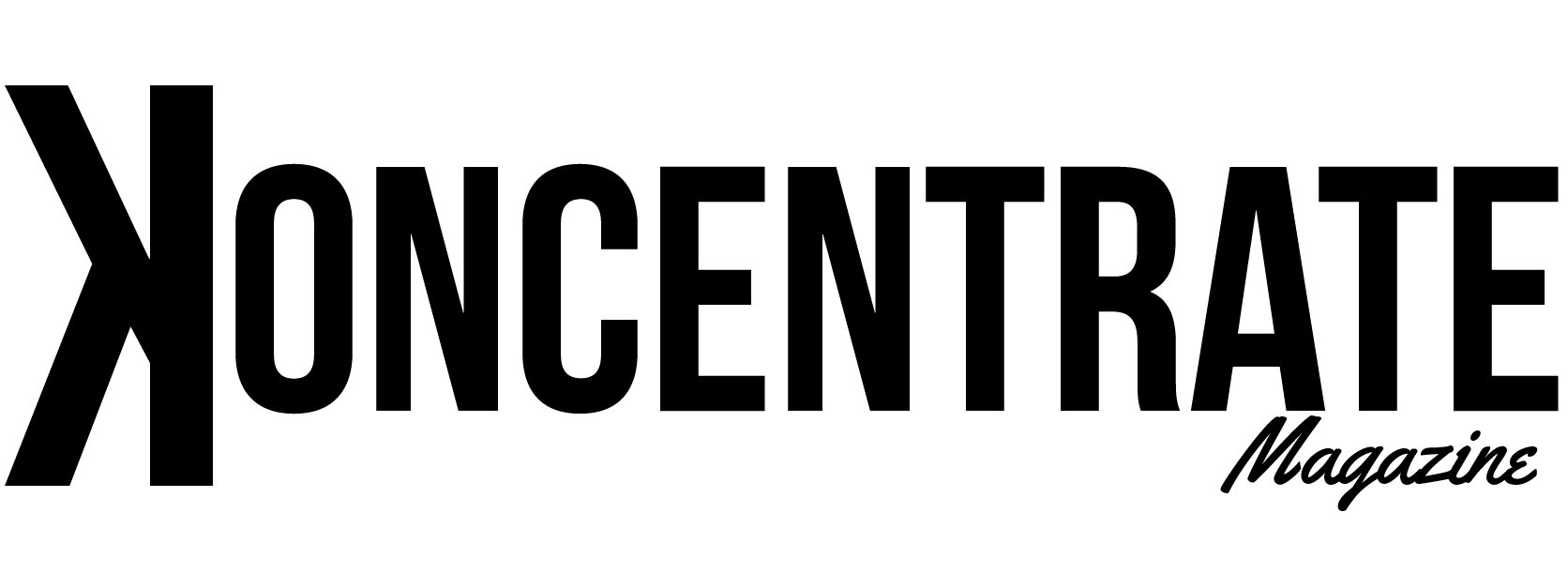21 Mar Smart Speakers Will Drive Music Consumption, Industry Growth says New Report
[UPDATED] A new report authored by Music Ally’s Stuart Dredge for label trade BPI and the Entertainment Retailers Association [ERA] looks at how voice-controlled smart speakers are transforming how fans engage with music.
____________________________________________
The new report, “Everybody’s Talkin’ – Smart Speakers and their impact on music consumption” looks at how this new technology is driving the next wave of music consumption, fuelling further growth in streaming and subscriptions while also establishing a new e-commerce platform for sales of physical product.
48% of smart speaker owners have premium music subscriptions and that number is expected to grow. That’s bad news for broadcast radio, as 39% of smart speaker owners say time listening to the device is replacing time spent listening to AM/FM.
“Smart speakers are poised to kick-start the next stage of the music streaming revolution, attracting more casual listeners into subscription services drawn by music as the “killer app” for these devices,’ said Geoff Taylor, Chief Executive BPI & BRIT Awards. “This exciting new technology will not only transform how we engage with music, encouraging more shared listening, but also how we discover it. The challenge and opportunity for labels and artists will be to ensure their music is as easily available and as effectively marketed via AI voice assistants as it has been through the screen interface.”
Key Report Findings For Music
-
Music is the most popular use for smart speakers, with users listening to more audio than they did before purchasing one of these devices.
- One study found that 34% of Echo and Home owners spend more than four hours a day listening to music, compared to 24% of the general population.
- 48% of smart speaker owners have a premium subscription to a music-streaming service.
- 39% of smart speaker owners say time listening to the device is replacing time spent listening to AM/FM stations – encouraging a shift away from traditional radio.
- Smart speakers may fuel more casual interaction with music – with generic requests to play music creating greater dependence on the personalisation algorithms of speakers’ assistants.
- While writing this, I tested “play music” on my Alexa powered Sonos One and (inexplicably) got treated to a 50 Great Guitar solos playlist on Amazon Music. The result was a bit more pleasing when I asked Alexa to play “Americana music”
- Labels must now create metadata around genre, mood and user activities.
- Smartphones have apps, and smart speakers have ‘skills’ or ‘actions’ – applications created for use by listeners. There’s an opportunity here for labels to launch skills for their artists.
- Platforms such as Spotify want smart speakers to be gateways to listeners, not gatekeepers.
- Smart speakers are taking music streaming into a new world of shared listening, away from individual consumption, with multiple-user interaction.
More Key Report Findings
Smart Speaker history & guide to devices:
- Amazon’s Echo with its Alexa assistant was the first to launch in late 2014, but it has since been joined by Google Home (with Google Assistant) and Apple’s HomePod (with Siri).
- Sonos, and others have also launched smart speakers, while consumer-electronics firms like Sony, LG and Panasonic have used Google Assistant as their devices’ brains.
- Spotify and Facebook are both rumoured to be exploring this area.
Market data & forecasts
- Analysts’ estimates suggest 24m – 27m smart speakers were sold globally in 2017.
- The US & UK accounted for up to 95% of those sales, with the US taking the lion’s share.
- Futuresource estimates that 7% of UK households now own at least one smart speaker – with 2.8m devices shipped in 2017 (three-quarters of which were Amazon Echos)
- Between 39m – 47m Americans now have a smart speaker in their home, with Amazon’s Echo range thought to have around two thirds of those devices.
- Analyst global predictions for 2018 are bullish – forecasting up to 58m unit sales.
- 55% of US households will own a smart speaker by 2022 (175m units in 70m homes).
What’s Next For Smart Speakers?
- Smart speakers will drive subscriptions growth as household penetration increases and consumers find it increasingly easy and convenient to sign up.
- Recent research finds that 28% of smart speaker owners say the device has caused them to pay for a music subscription service.
- Smart speakers can make music ubiquitous – making music even more accessible and central to people’s lives as the devices proliferate in the home and in cars.
- The emergence of programmed playlists on streaming services is making ‘context’ a hot topic – such as music to work-out to, cook to, etc.
- This is creating the opportunity to convert radio listeners into paying music subscribers.
- Price remains a factor, and there are likely to be more experiments around how subscriptions are marketed to and priced for smart speaker owners.
- Pureplay streaming services fear that smart speaker operators may become gatekeepers rather than gateways to music consumers.
- Smart speakers could help drive sales of physical music – where a fan likes music they hear, then can just as easily use devices to order a physical copy of a recording, particularly on LP.
- Smart speakers can also enable increased purchasing of concert and festival tickets – to potentially support growth in live music alongside the recorded sector.
- As smart speakers learn the tastes and behaviours of their users, they may be able to suggest and recommend products and services for purchase.
- Smart speakers pose metadata and marketing challenges – if you make a generalised request, where will the algorithm that powers the search take you? If you ask for a concerto, which recording out of the dozens or more that may exist will it transport you to?
Download the full report here.
Powered by WPeMatico


Sorry, the comment form is closed at this time.